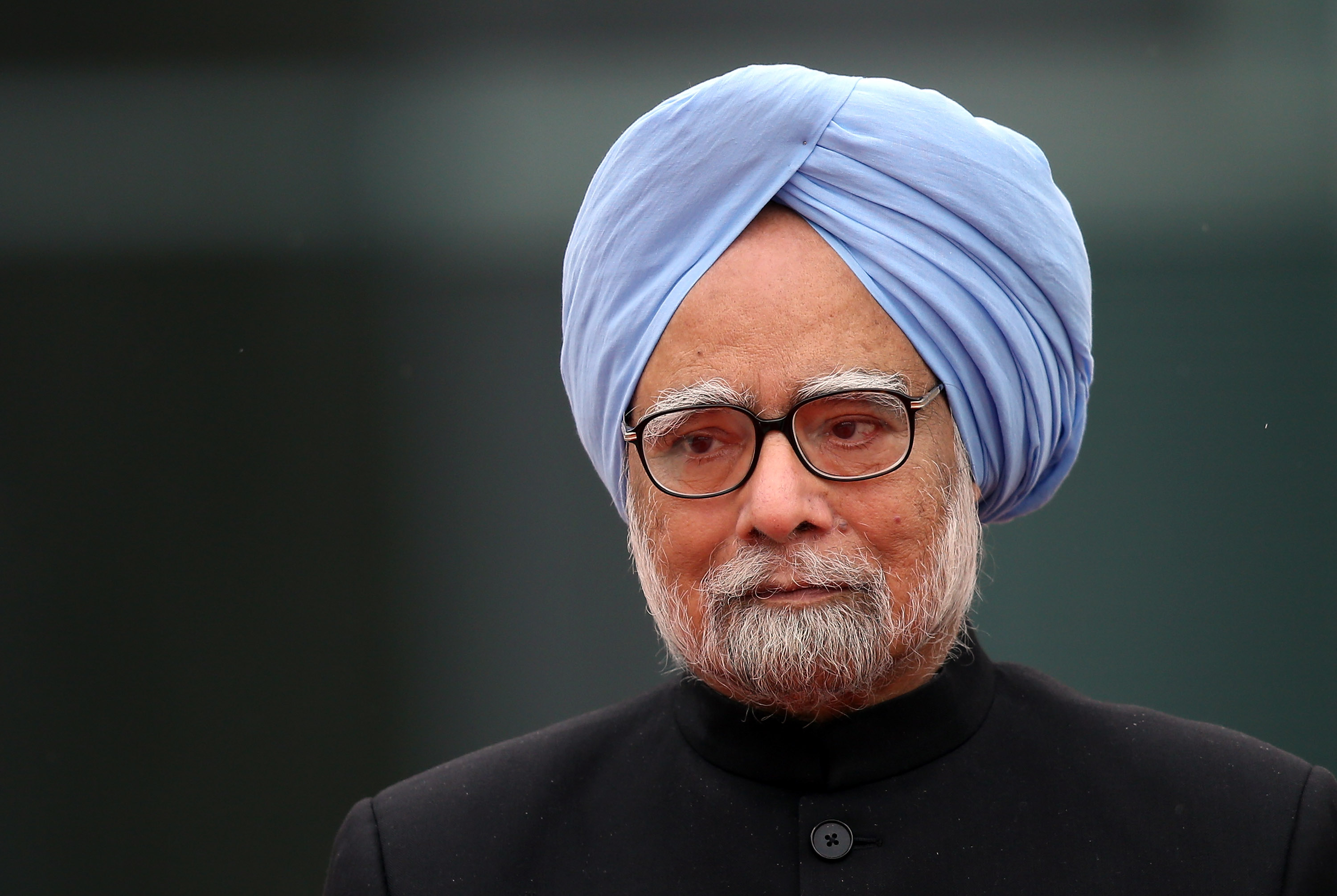What to Know
- New Jersey has the infrastructure set up to start vaccinating more people against COVID-19 but doesn't have the supply of shots to meet demand, Gov. Phil Murphy said Tuesday.
- Murphy, a Democrat, said the state has opened two-thirds of the mass vaccination sites across the state, with more set up at CVS and Walgreens under a federal partnership, but the number of vaccines coming in each week is just over 100,000.
- So far, New Jersey has administered about 388,000 doses of the vaccine. That amounts to about 3.9% of the state's population.
New Jersey has the infrastructure set up to start vaccinating more people against COVID-19 but doesn't have the supply of shots to meet demand, Gov. Phil Murphy said Tuesday.
Murphy, a Democrat, said the state has opened two-thirds of the mass vaccination sites across the state, with more set up at CVS and Walgreens under a federal partnership, but the number of vaccines coming in each week is just over 100,000.
That's short of the 470,000 needed to meet demand, according to Health Commissioner Judy Persichilli.
Get Tri-state area news delivered to your inbox.> Sign up for NBC New York's News Headlines newsletter.
So far, New Jersey has administered about 388,000 doses of the vaccine. That amounts to about 3.9% of the state's population. Overall, the country has seen about 10.6 million vaccinations, or 3.2% of the population, according to figures from the Centers for Disease Control and Prevention.
“All we are missing are the vaccine doses we need,” Murphy said.
Murphy predicted that supply would be short “for some time,” and didn't specify when or how it would increase.
U.S. & World
Persichilli said Monday that a state hotline to answer questions about the vaccine and help people with appointments was operational, though with automated responses. Beginning next week, callers will be able to talk to a person for help when they call, she said. The number is 855-568-0545.
New Jersey has cleared millions to begin receiving the vaccine. Among them are health care workers, first-responders, those 65 and older and people 16-64 years old with medical conditions ( including smoking, which is a risk factor for the virus).
New Jersey's seven-day rolling average of daily new cases rose over the past two weeks from 4,787 new cases a day on Jan. 4 to 5,844 new cases per day Monday, according to Johns Hopkins University.
The seven-day rolling average of daily deaths has declined over the last two weeks, from about 85 a day to 75, according to the university.
On Tuesday, Murphy reported an additional 54 deaths overnight, putting the total toll at 18,421.



